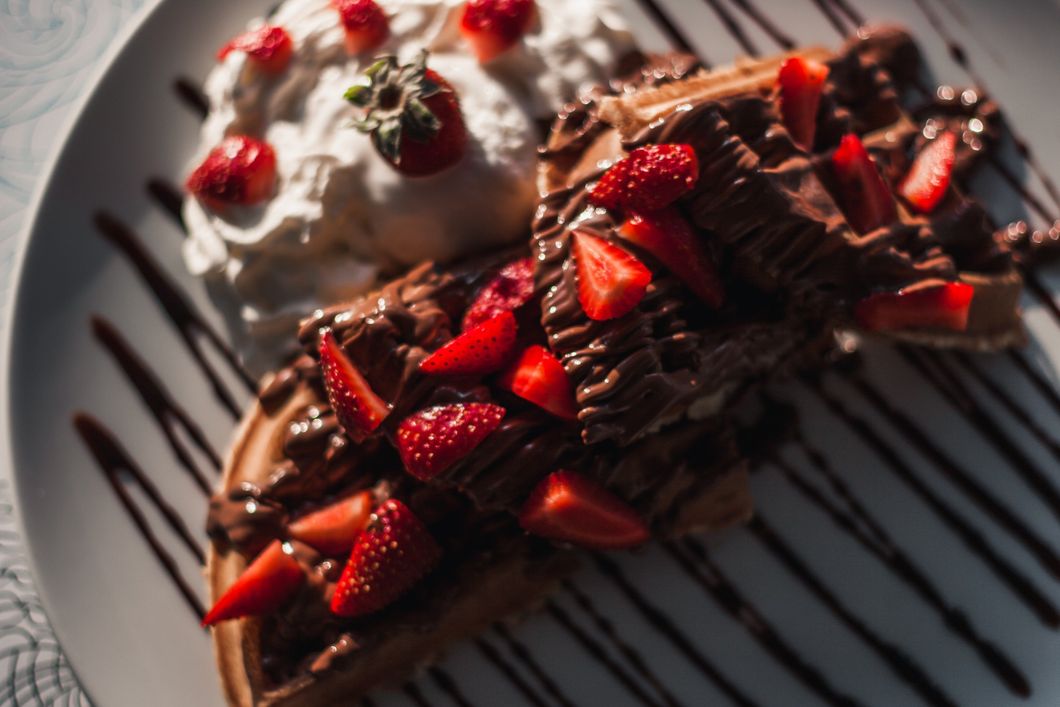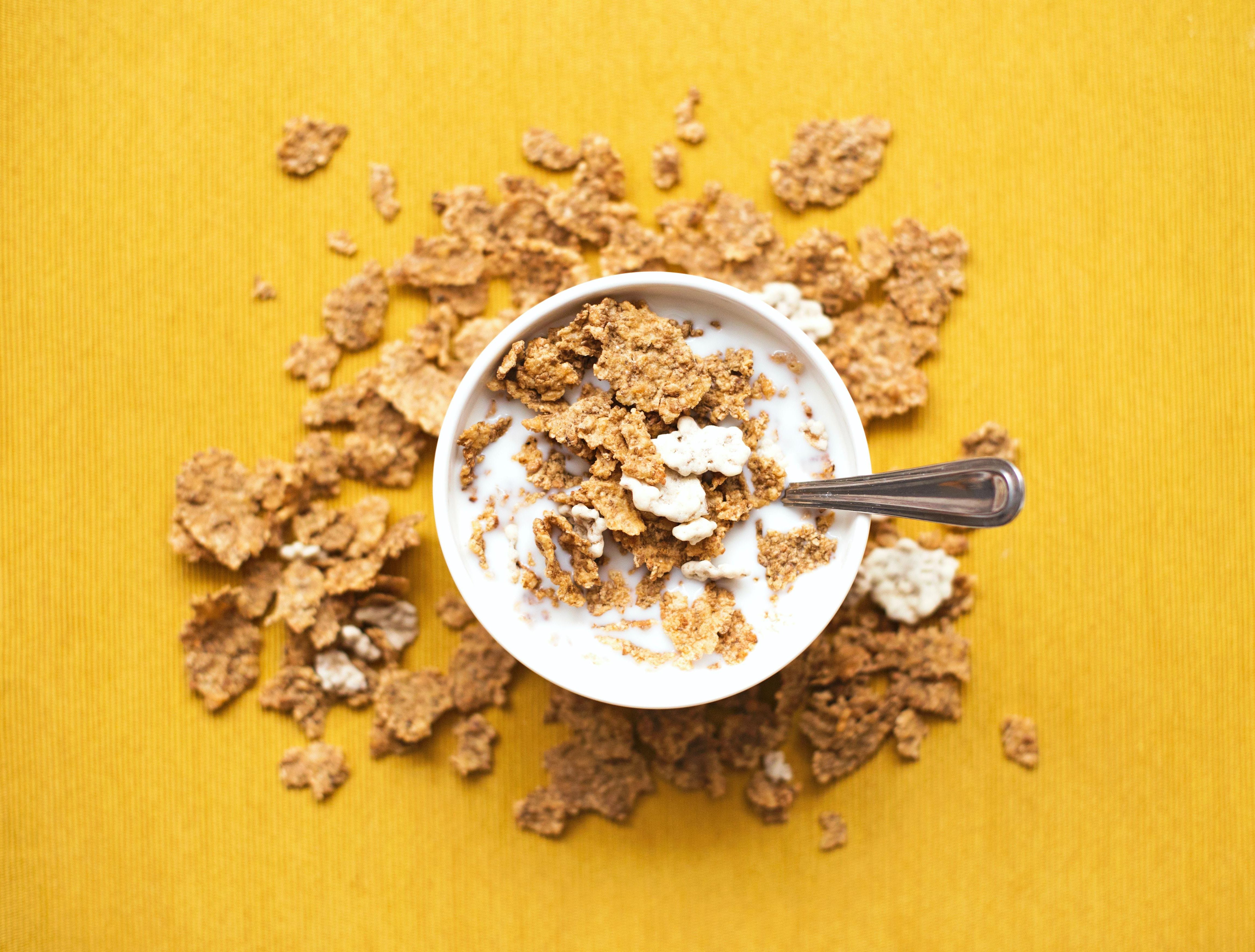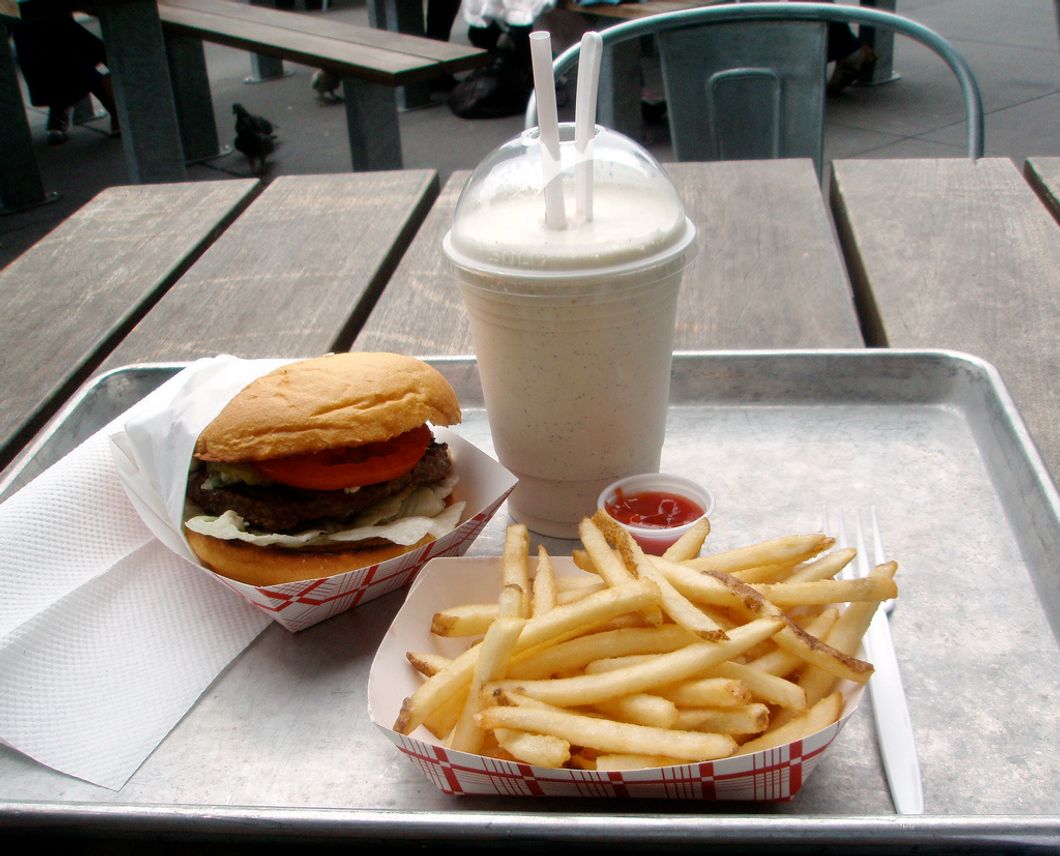It's no secret that excess sugar is the leading cause of obesity in the United States. It's also the cause of Type 2 Diabetes, chronic inflammation, heart disease, cancer, and various skin problems. The FDA has warned us on more than one occasion to limit our sugar intake, so why is it so hard for Americans to listen? It turns out added sugar is actually hiding in 74% of the food we buy at the grocery store. So even if we're not consuming candy and cookies every day, we still get a surplus of sugar in our diets.
Giving up sugar is about more than just willpower, millions of Americans have developed a chemical addiction to it in their body. Sugar causes our brain to release dopamine, the chemical responsible for affecting our senses of pleasure and pain. It's also the same chemical that gets released after the consumption of addictive drugs like cocaine, heroin, and methamphetamines. When we consume sugar, dopamine's released and we enter a period called a "sugar high." Our energy levels go up, pleasure senses activate, and we feel great for a minute. Our blood sugar levels also rise, and then we crash. Whenever our blood sugar levels drop, they actually drop below the levels of where they should normally be. So it's not surprising that after our "high", we crave more sugar and end up caught in a vicious cycle.
Many people make the mistake of trying to eat healthier and then buy yogurt, granola bars, dried fruit, dairy milk, etc. that raise our blood sugar levels. Everything previously mentioned has tons of added sugar in it, and can be the equivalent to eating a candy bar or a dessert. Any added sugar causes an increase in blood sugar levels, so it's important to read the nutrition labels on everything and check the ingredients list. Common alternative names for sugar include organic cane sugar, high fructose corn syrup, sucrose, dextrose, maltose, and rice syrup.
Personally, I'm not addicted to sugar as much as I am carbs. Carbohydrates supply your body with fast energy, but they also get broken down into glucose... the same molecule that sugar gets broken down into. Some carbs like white bread, potatoes, rice, and pasta actually are higher on the Glycemic Index than your typical sugary snacks. So if you think of sugar like the drug that it is, imagine if someone spiked your drink or gave you something else against your will.
And if you decide to make the switch to more natural sugars in fruit and vegetables, beware that some fruits will raise your blood sugar just as much. These include pineapple, grapes, mangoes, and bananas. Don't get me wrong, natural sugar is always preferable to the fake stuff, and fruit supplies us with lasting energy and more vitamins and minerals. There's no need to be afraid of the banana in your breakfast smoothie, but there's also no need to eat 50 grapes in one sitting. The best thing to do is always be mindful of what you put into your body, and try to be more aware of how it makes you feel afterward.
Even though our bodies may be accustomed to our sugar habits, there are simple ways to fix this problem. The first thing you need to do is swap out the bad stuff for the good stuff. Alternatives to your carb-filled/sugary snacks include plain Greek yogurt, berries, all natural protein bars, steel cut oats, and sweet potatoes. Loading your meals up with vegetables and drinking more water scientifically reduces cravings and suppresses your blood sugar.
Keeping yourself busy or finding a new hobby also keeps your mind off the urges to snack. And keeping a food diary of what you eat / how much sugar you consume in a day is a great idea to help you see if you need a change in your diet. There's no need to quit completely because little indulgences on Halloween or Valentines Day is just apart of life, but keeping your sugar intake to a minimum is essential for your health, happiness, and overall quality of life.









































